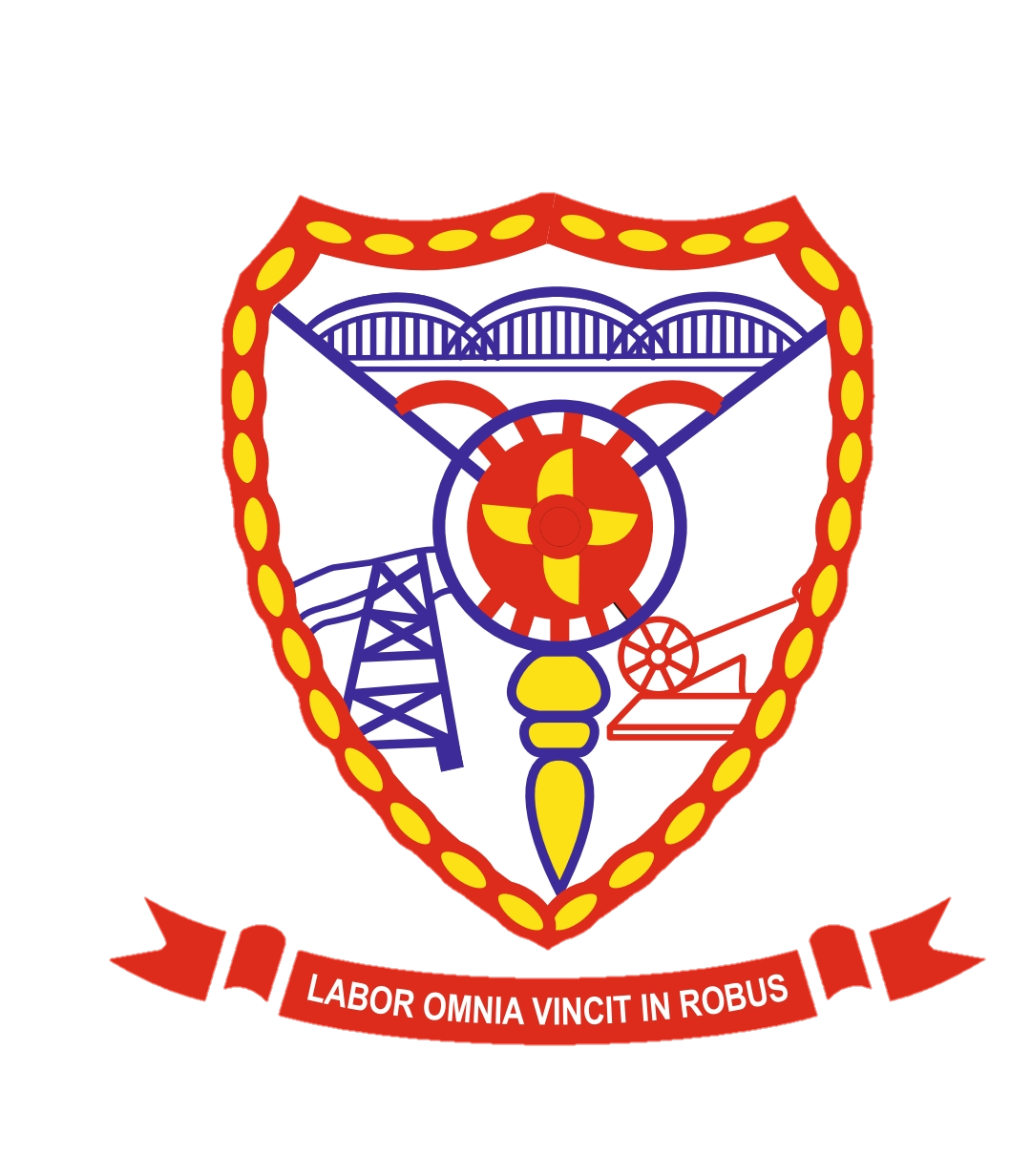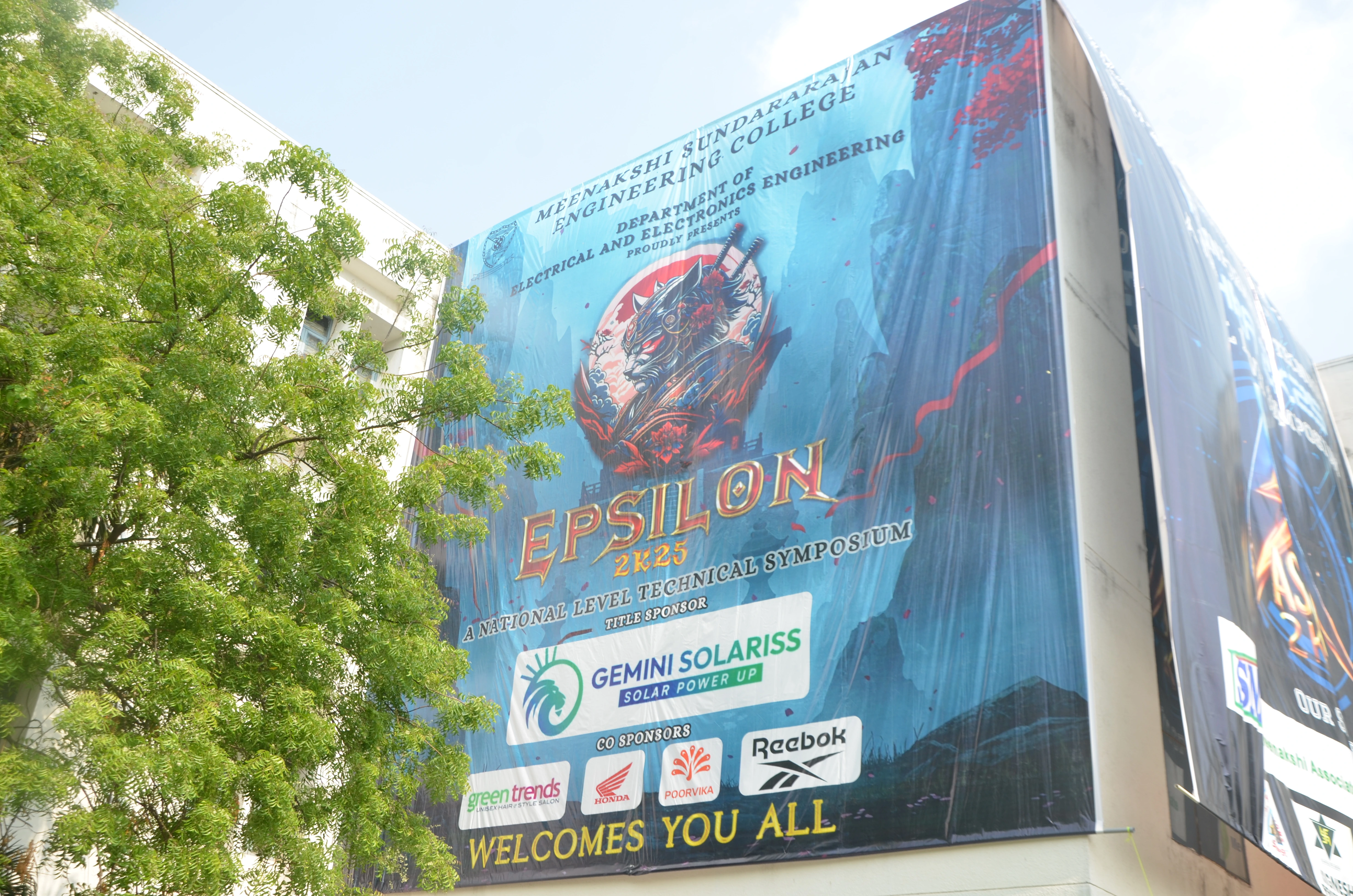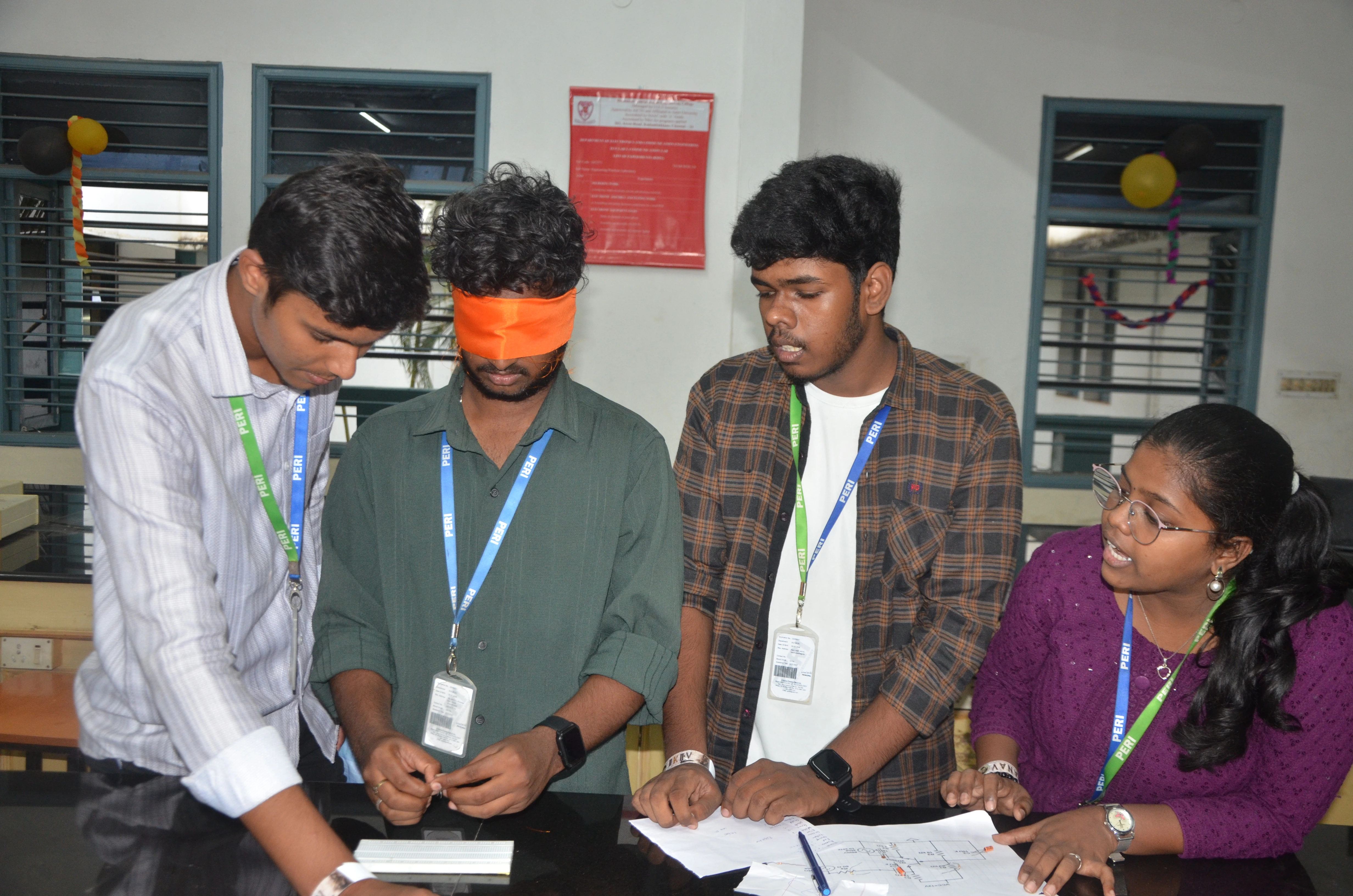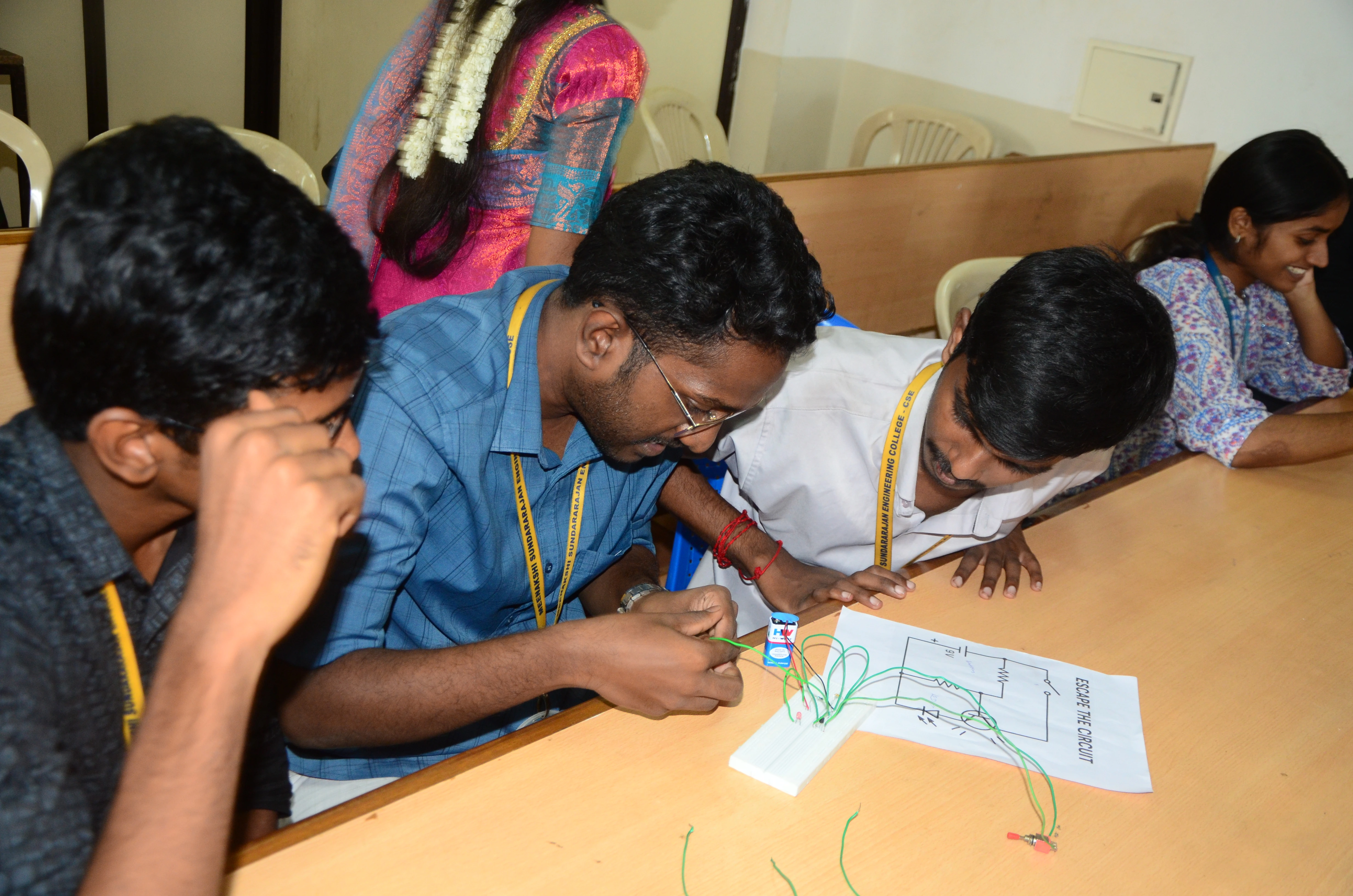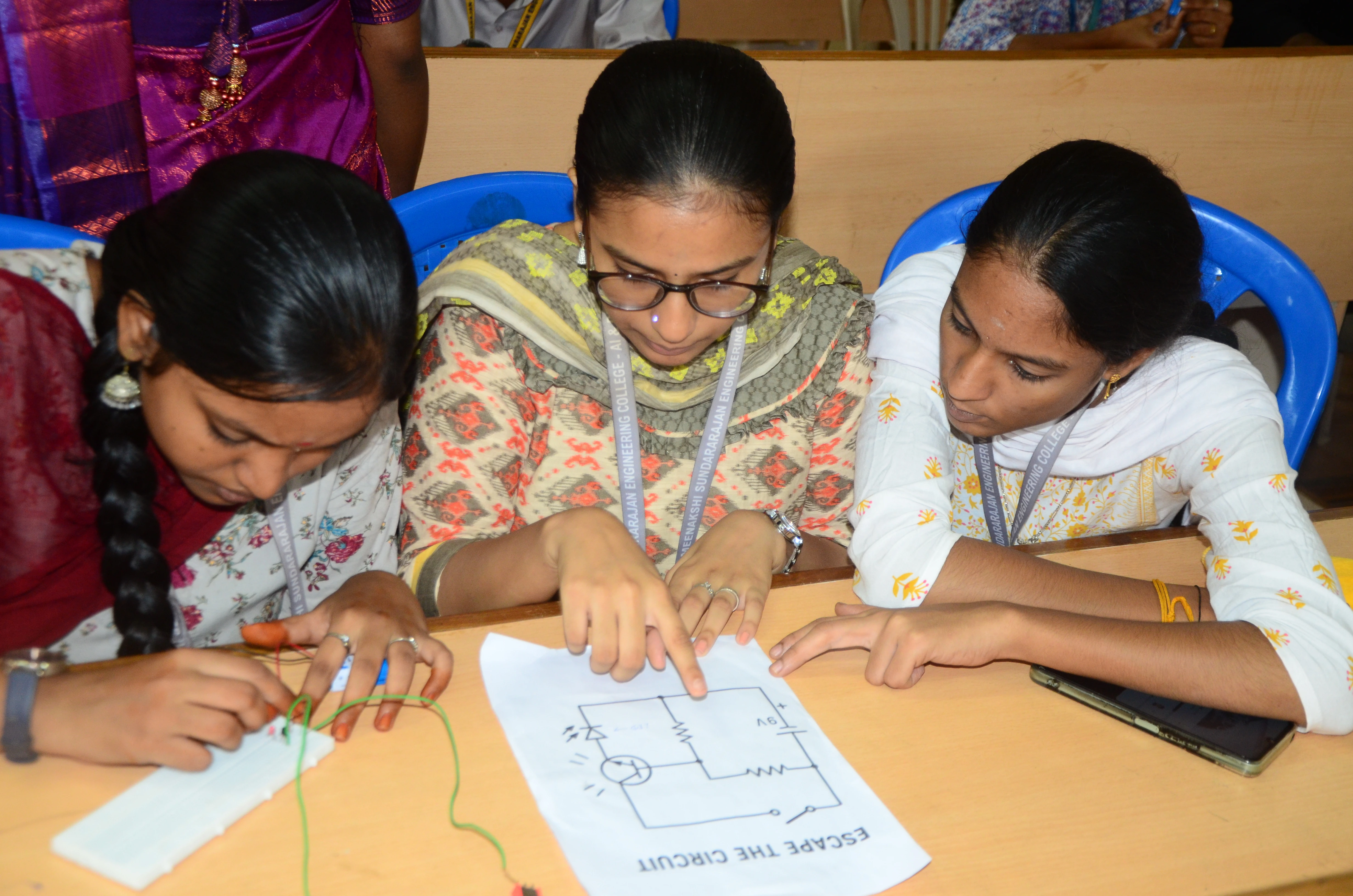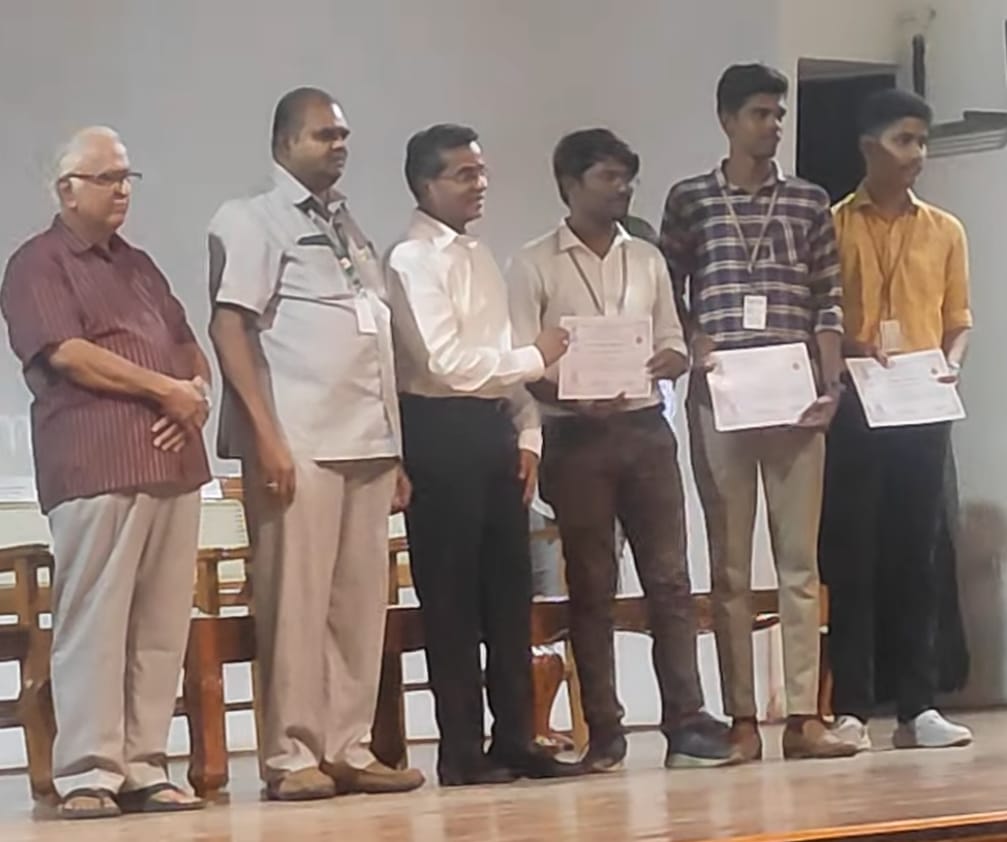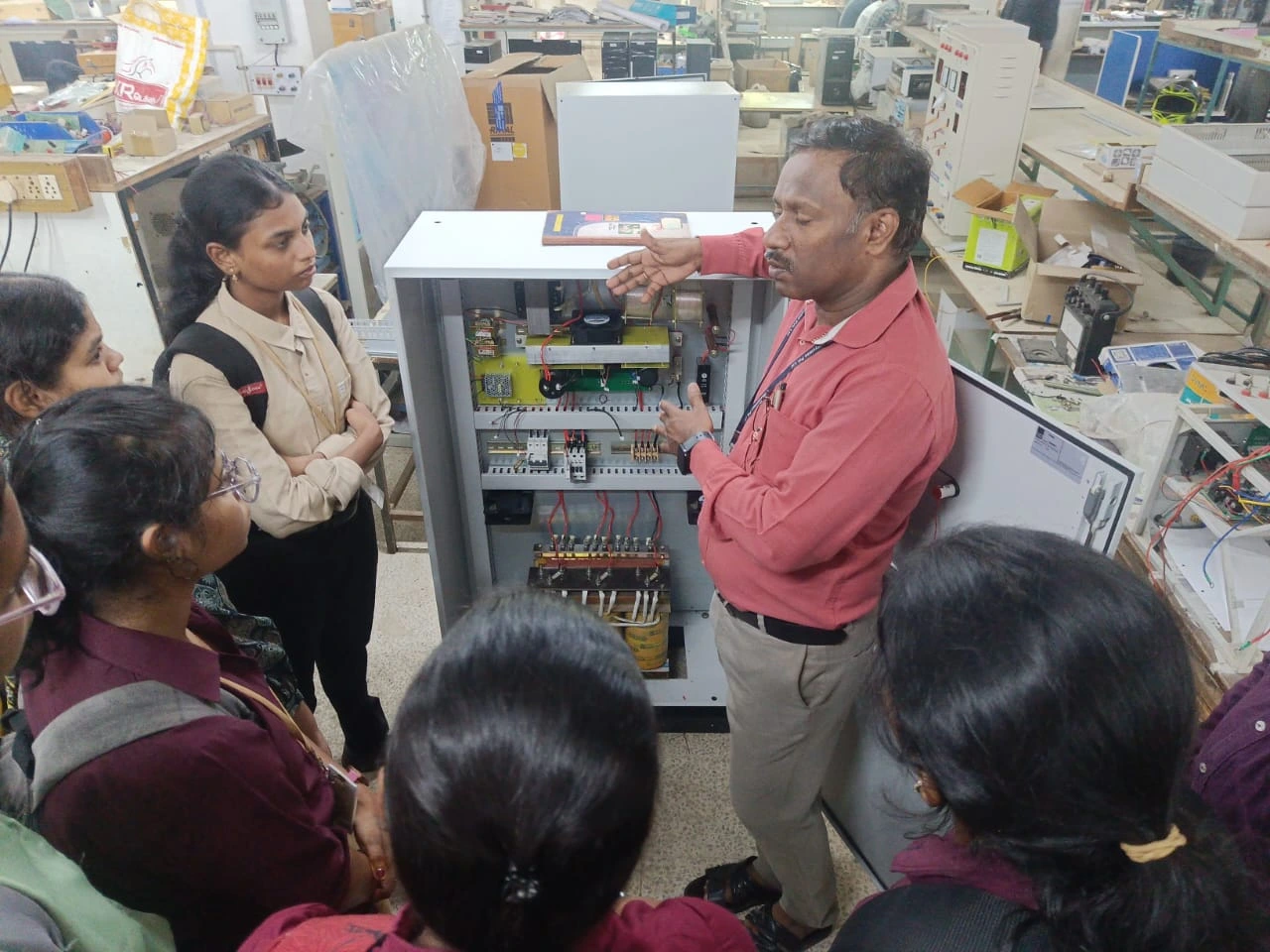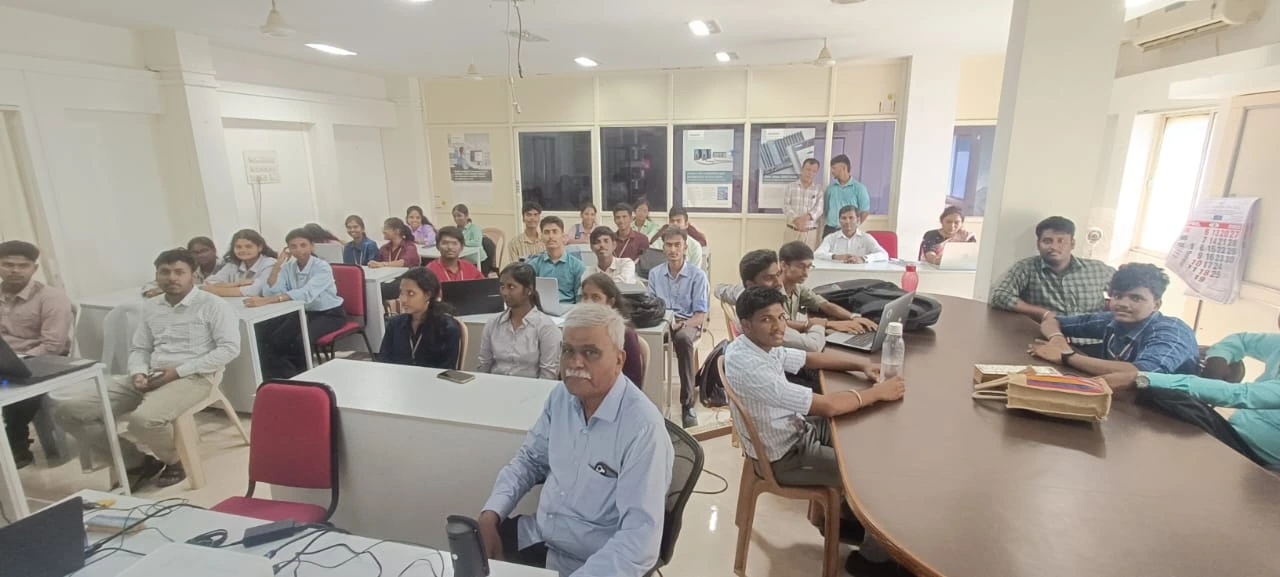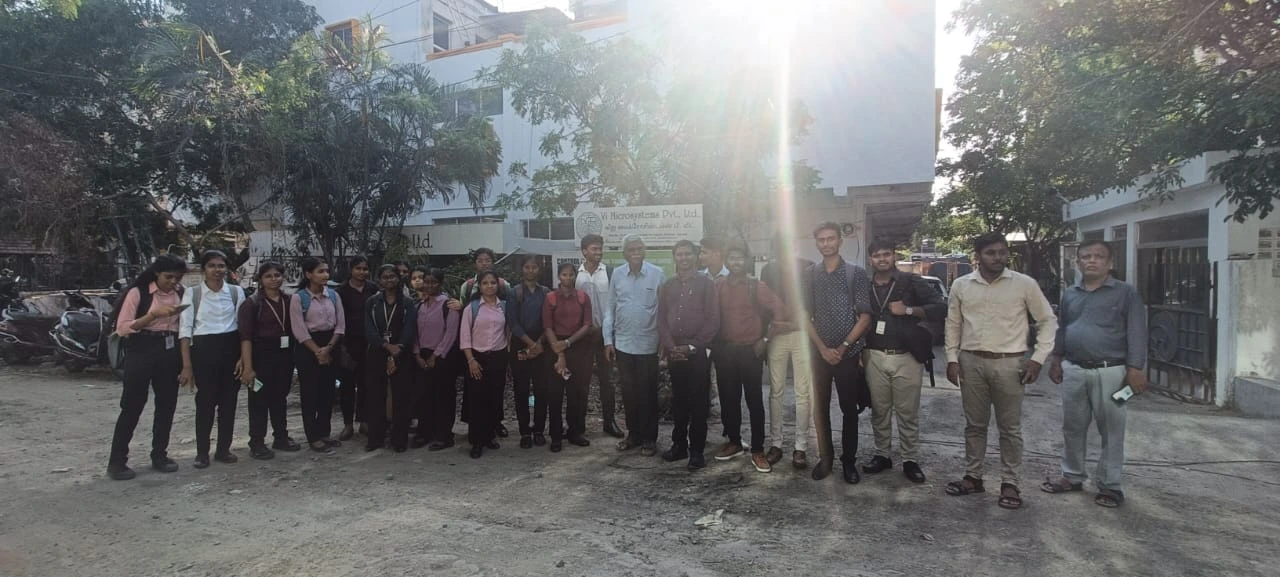Electrical and Electronics Engineering
Electrical and Electronics Department
Department of Electrical and Electronics Engineering
Vision
To impart qualitative Education, to produce competent graduates in Electrical and Electronics Engineering with innovative research abilities and best suited to meet the industrial needs.
Mission
- M1: To provide quality education to students in the field of Electrical and Electronics Engineering.
- M2: To inculcate innovative skills and improve research capabilities to bridge the gap between academia and industry.
- M3: To develop social responsibility with moral and professional ethical values.
Program Educational Objectives (PEOs)
- PEO1: Provide adequate knowledge to analyze power electronics drives, power systems and work with inter-disciplinary groups.
- PEO2: Develop skills needed to work on computational platform and software applications.
- PEO3: Encourage the ability to design, analyze and build electrical and electronics systems for the present and also the future.
- PEO4: Promote managerial skills and inculcate professional ethics.
Program Specific Outcomes (PSOs)
- PSO1: Able to understand the principles and working of electrical components, Circuits, Systems and Control that are forming a part of power generation, transmission, distribution, utilization, conservation and energy saving.
- PSO2: Able to apply mathematical methodologies to solve problems related with electrical engineering using appropriate engineering tools and algorithms.
- PSO3: Able to use knowledge in various domains to identify research gaps and hence to provide solution which leads to new ideas and innovations.
Program Outcomes (POs)
- PO1: Engineering knowledge: Apply the knowledge of mathematics, science, engineering fundamentals and engineering specialization to the solution of complex engineering problems.
- PO2: Problem analysis: Identify, formulate, review, research literature, and analyze complex engineering problems reaching substantiated conclusions using first principles of mathematics, natural sciences, and engineering sciences.
- PO3: Design/development of solutions: Design solutions for complex engineering problems and design system components or processes that meet the specified needs with appropriate consideration for the public health and safety, and the cultural, societal, and environmental considerations.
- PO4: Conduct investigations of complex problems: Use research-based knowledge and research methods including design of experiments, analysis and interpretation of data, and synthesis of the information to provide valid conclusions.
- PO5: Modern tool usage: Create, select, and apply appropriate techniques, resources, and modern engineering and IT tools including prediction and modeling to complex engineering activities with an understanding of the limitations.
- PO6: The engineer and society: Apply reasoning informed by the contextual knowledge to assess societal, health, safety, legal and cultural issues and the consequent responsibilities relevant to the professional engineering practice.
- PO7: Environment and sustainability: Understand the impact of the professional engineering solutions in societal and environmental contexts, and demonstrate the knowledge of, and need for sustainable development.
- PO8: Ethics: Apply ethical principles and commit to professional ethics and responsibilities and norms of the engineering practice.
- PO9: Individual and team work: Function effectively as an individual, and as a member or leader in diverse teams, and in multidisciplinary settings.
- PO10: Communication: Communicate effectively on complex engineering activities with the engineering community and with society at large, such as, being able to comprehend and write effective reports and design documentation, make effective presentations, and give and receive clear instructions.
- PO11: Project management and finance: Demonstrate knowledge and understanding of the engineering and management principles and apply these to one’s own work, as a member and leader in a team, to manage projects and in multidisciplinary environments.
- PO12: Life-long learning: Recognize the need for, and have the preparation and ability to engage in independent and life-long learning in the broadest context of technological change.
Electrical and Electronics Department
Achievements and Activities
🎓 Students' Achievements
1. Japanese Quiz Winner – ABK-AOTS DOSOKAI
Student: K. Kamalesh (III Year, EEE)
Prize: ₹20,000 cash prize
Event: Japanese Quiz organized by ABK-AOTS DOSOKAI
2. Winner – Times of India: Leaders on Campus 2025
Description: A leadership conclave bringing together industry experts, startup founders, and student aspirants for a day of inspiring talks and future-forward insights.
Position: Winner
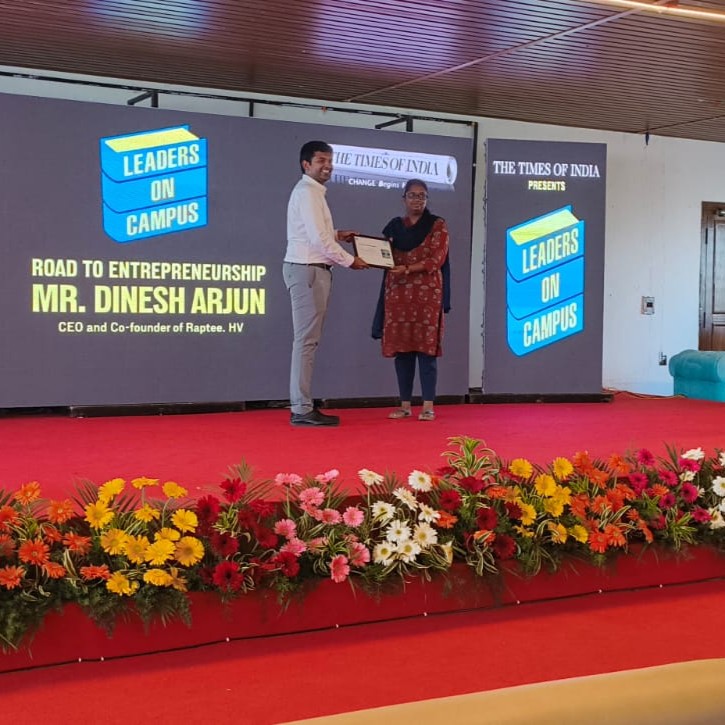
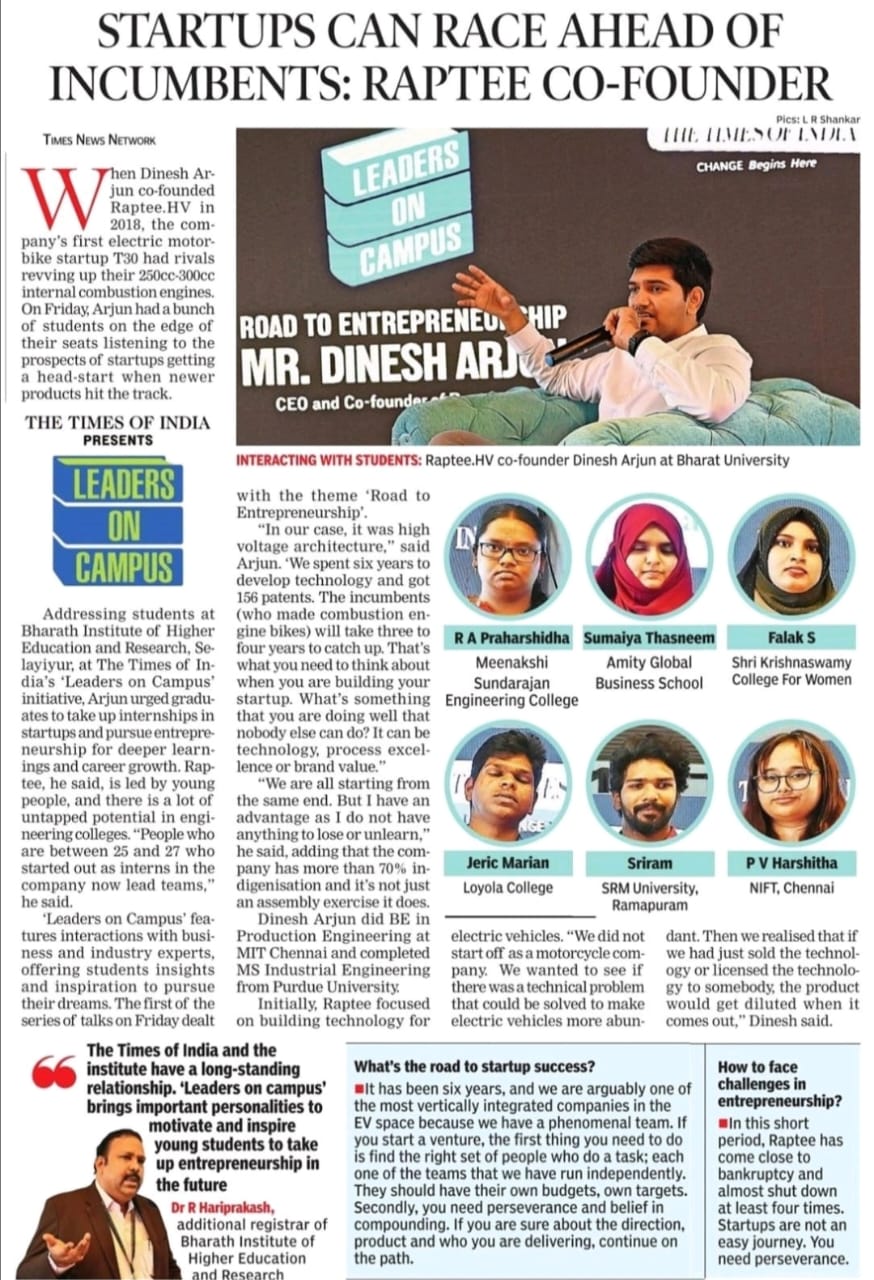
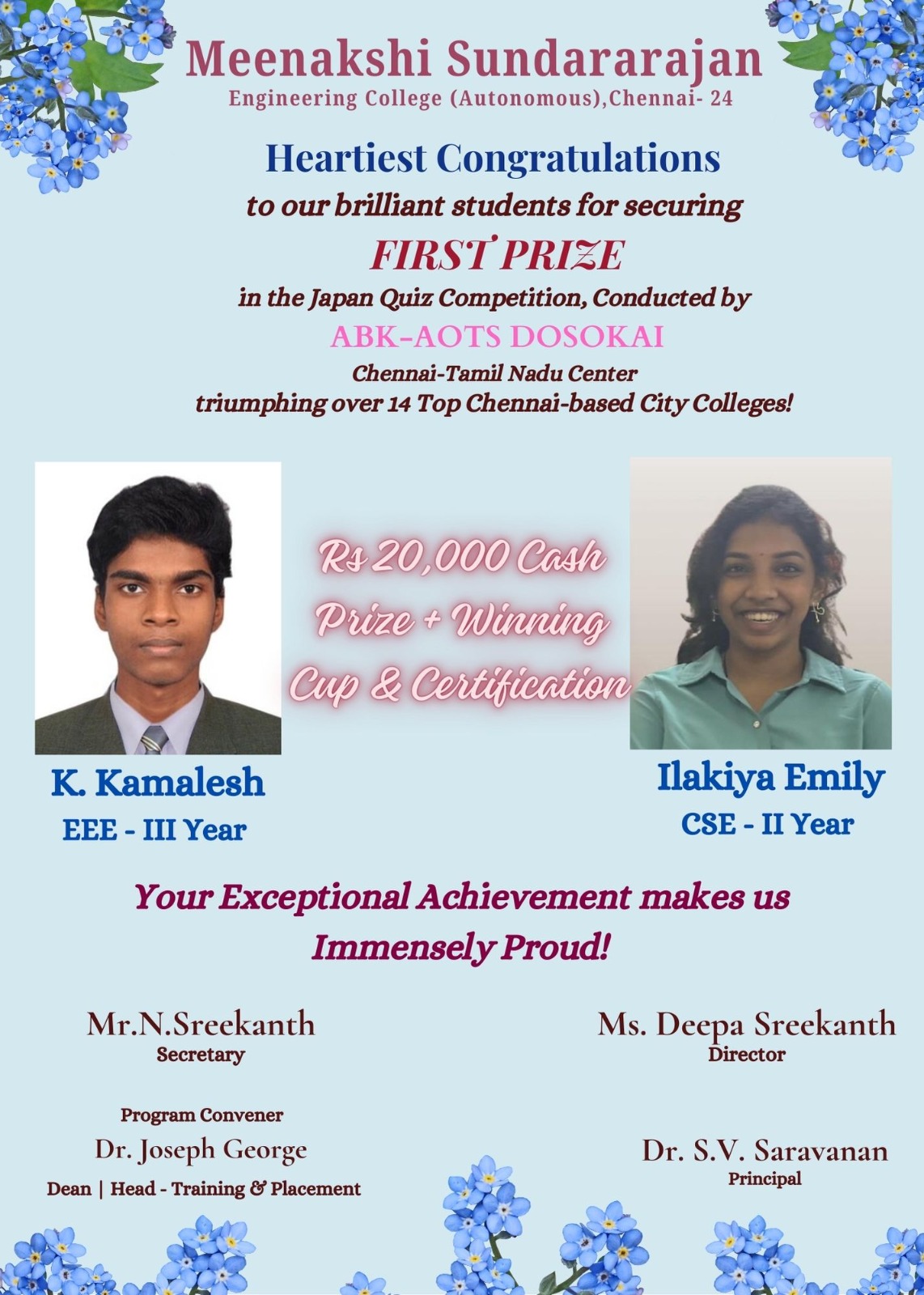
Product Design challenge - 30 Hours Hackathon
AR/VR - Smart Grid
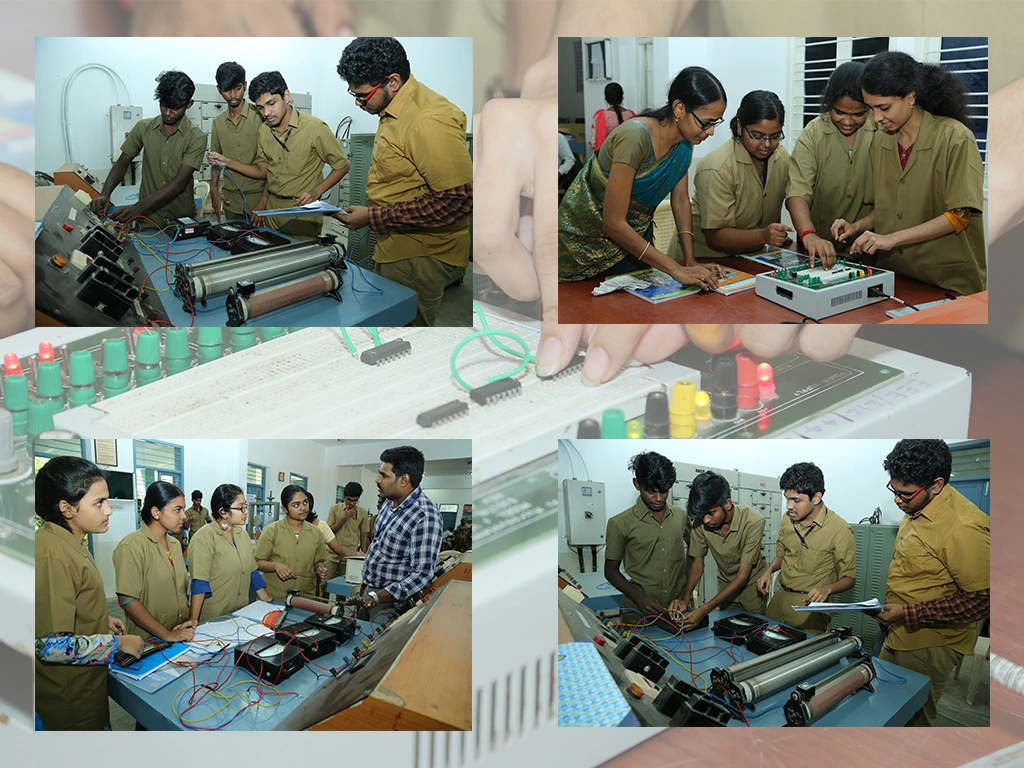
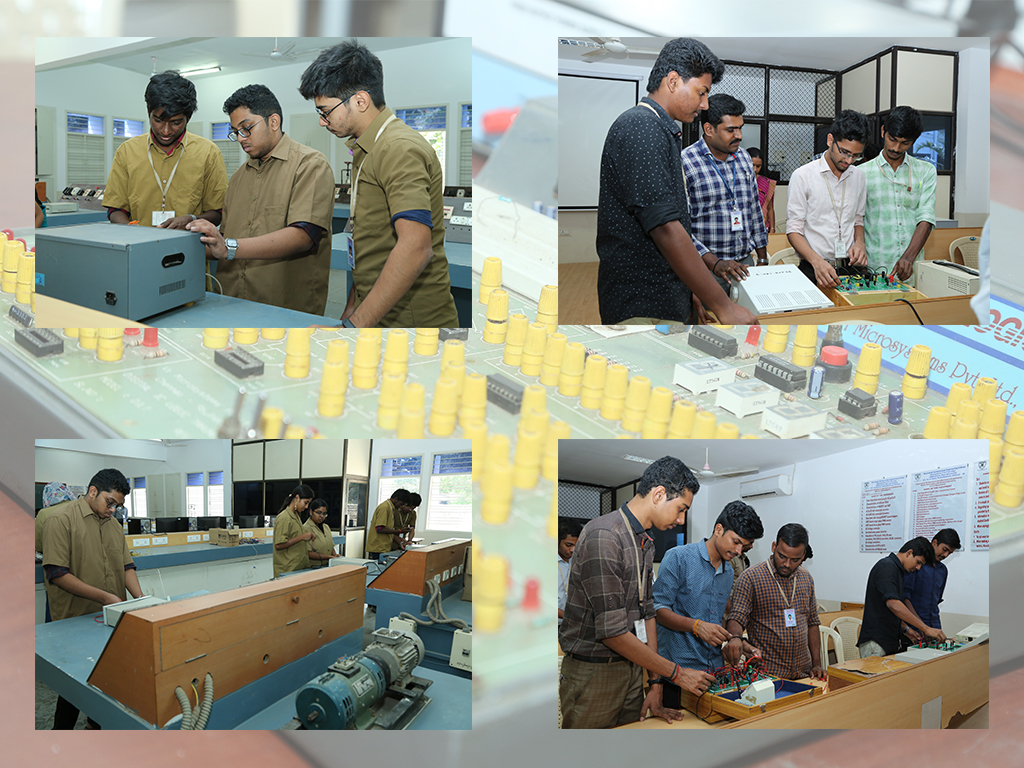
🎓 Online Course – Staff
Dr. R. Maya
Completed an online course on Solar Photovoltaics: Principles, Technologies, and Materials.
📄 Faculty Journal Publications
Explore selected research papers published in international journals by our faculty members.
